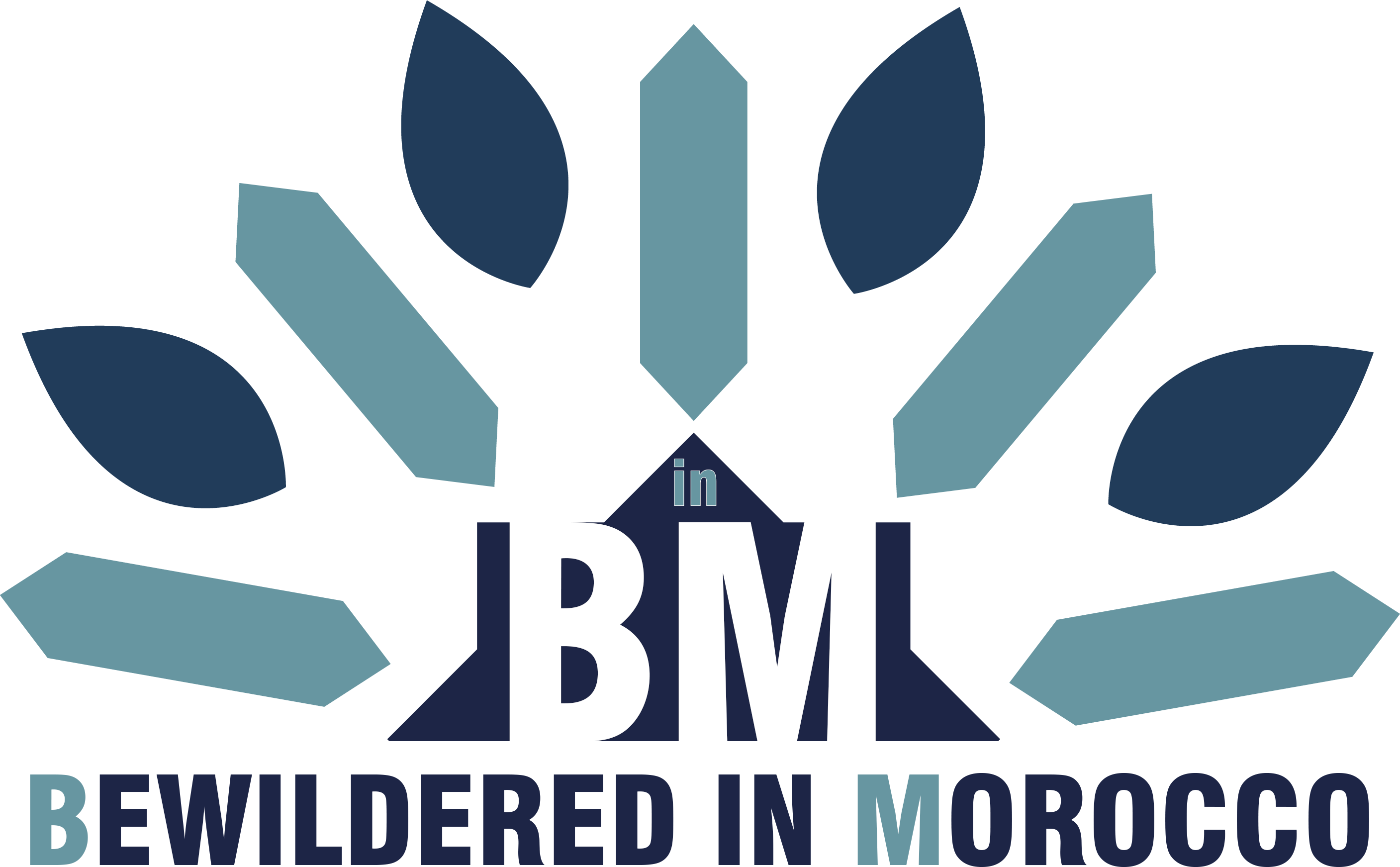When people ask me why they should visit Morocco, I always smile. Where do I even start? This country has so many layers, like a beautifully wrapped gift that keeps revealing surprises. After spending years here, I've discovered that Morocco isn't just a destination—it's an experience that touches all your senses and stays in your heart long after you leave.
Let me walk you through the reasons why Morocco should be at the top of your travel list.
The People Will Win Your Heart
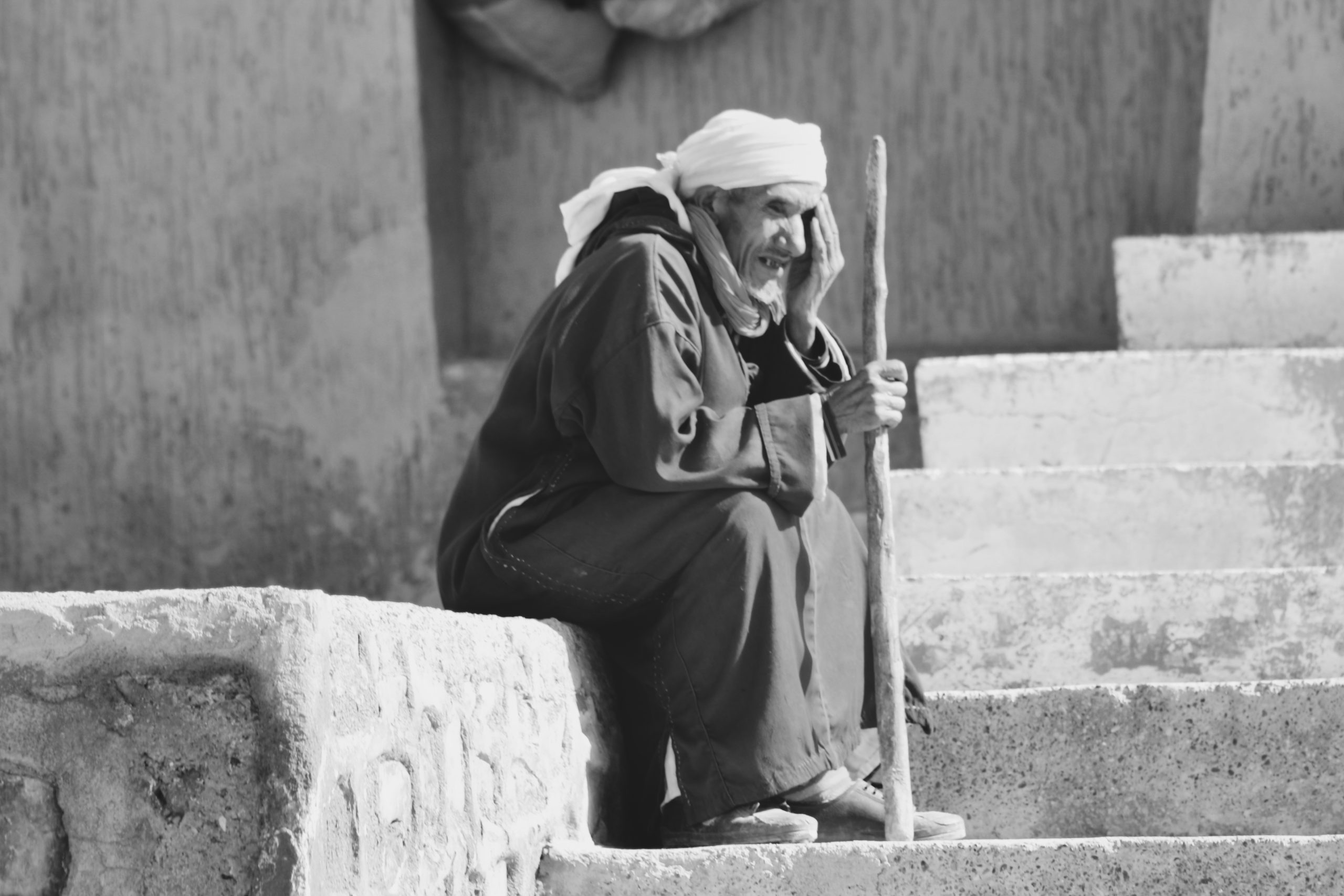
The first thing you'll notice when you visit Morocco is the people. Moroccans have something special—a warmth that makes you feel welcome from the moment you arrive.
They love their country deeply, and it shows in how they treat visitors. When I first arrived in Marrakech, a shopkeeper spent twenty minutes giving me directions to my riad, then walked halfway there with me to make sure I found it. He didn't want anything in return—just wanted to help.
This friendliness isn't an act for tourists. It's genuine hospitality, part of Moroccan culture. The people here have a lightness about them, a way of making you feel comfortable and excited to explore everything their country offers. They want you to love Morocco as much as they do, and trust me, you will.
Every City Tells a Different Story

One of the most fascinating things about Morocco is how each city has its own personality. The cultural diversity here is incredible—every place feels like a new country within the same country.
Take the colors, for example. Chefchaouen is the famous blue city, where every wall and doorway is painted in shades of blue and white. Walk through its steep streets, and you'll feel like you're inside a dream.
Then there's Tetouan, known as the white dove. Its buildings shine bright white against the sky, creating a peaceful, clean atmosphere.
But my personal favorite? Marrakech, the red city. The ochre-colored walls, the bustling souks, the energy—there's nowhere quite like it. The moment you step into Jemaa el-Fnaa square as the sun sets and the food stalls light up, you'll understand why this city captures hearts.
Each city has its own food traditions, historical stories, and even different architectural styles. You could spend months here and still find something new in every corner.
The Food Will Amaze You
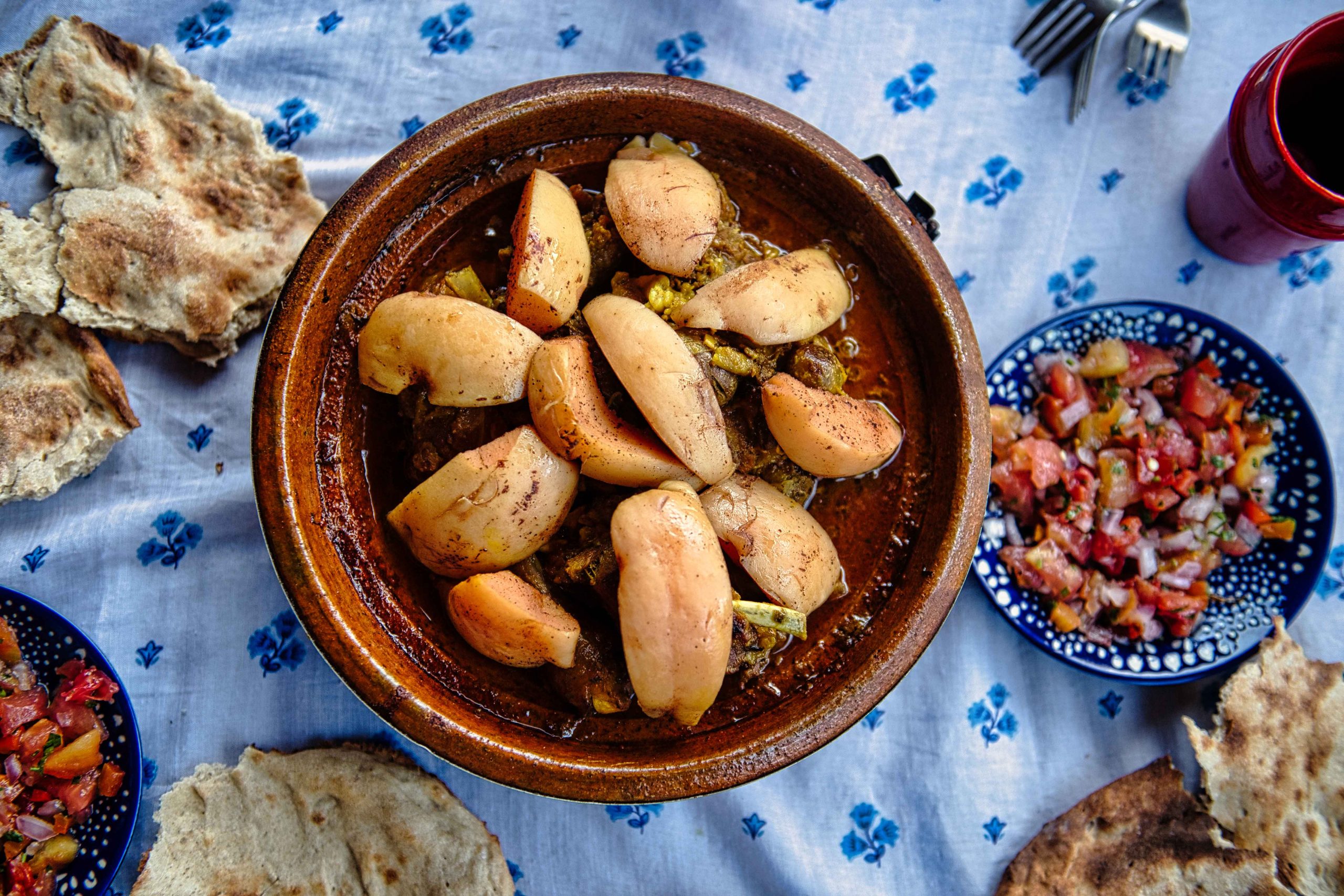
Let's talk about food, because honestly, Moroccan cuisine deserves its own celebration.
The Moroccan kitchen is considered one of the best in the world, and once you taste the food here, you'll understand why. Everything is fresh, flavorful, and made with spices that create perfect harmony on your plate.
Couscous is the Friday tradition—fluffy semolina grains topped with vegetables and tender meat, steamed to perfection. Families gather around a shared plate, and if you're invited to a Moroccan home for couscous, consider yourself lucky.
Tagine is the dish everyone knows—slow-cooked meat or vegetables in that distinctive cone-shaped pot. The steam circulates inside, making everything incredibly tender. My favorite is lamb tagine with prunes and almonds—sweet and savory at the same time.
Breakfast here is special too. Fresh bread, olive oil, honey, amlou (almond butter with argan oil), Moroccan pancakes, and always fresh mint tea. You'll start your day properly fueled for adventures.
And the sweets! Moroccan pastries are works of art. Honey-soaked chebakia, almond-filled kaab el ghazal, and sesame-covered briwat—each one is handmade with care.
When you visit Morocco, be prepared to eat. And eat well. Your taste buds will thank you.
Architecture That Feeds Your Soul
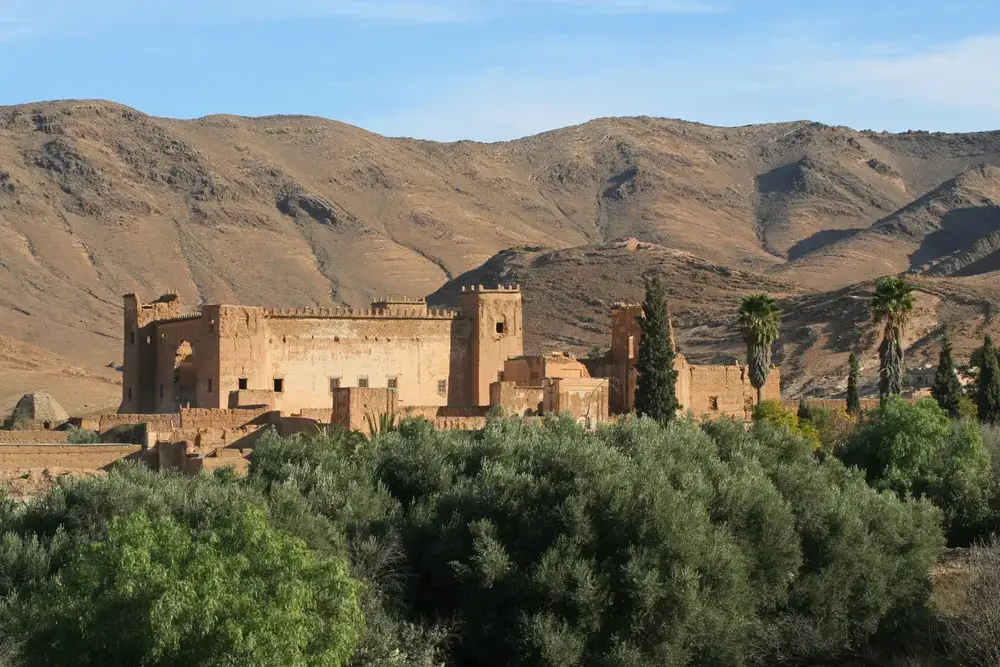
Walking through Moroccan cities is like walking through an art gallery, except the art surrounds you completely.
The Moroccan architecture is stunning. Every building, every doorway, every courtyard has been designed with attention to detail. The geometric patterns, the carved wood, the painted ceilings—it all works together to create spaces that feel both grand and intimate.
Zellige is the traditional Moroccan tilework, and it's everywhere. These small, hand-cut tiles are arranged in intricate patterns that never use pictures or figures, only geometric shapes. Master craftsmen spend years learning this art, and when you see a wall covered in zellige, you can understand why. The colors, the precision, the way light plays across the tiles—it's mesmerizing.
In older cities like Fez and Marrakech, you'll find riads—traditional houses built around a central courtyard. From the outside, they look simple, but step inside and you'll discover a private paradise. The courtyard lets in light and air while keeping the house cool, showing how Moroccan builders understood their climate perfectly.
This visual beauty isn't just decoration. It's part of daily life, reminding everyone that surroundings matter and beauty has value.
History That Shaped Civilizations
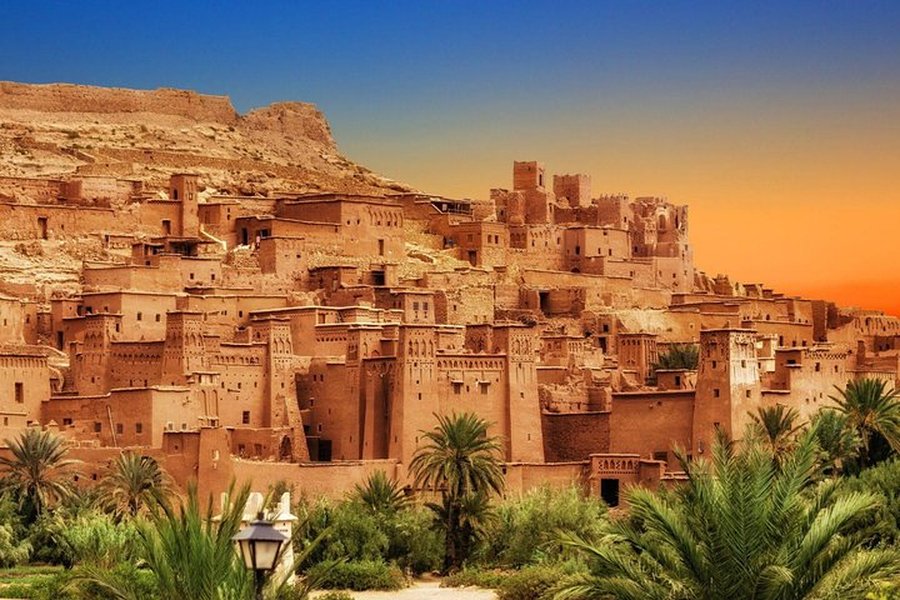
Morocco isn't just beautiful—it's historically significant in ways many travelers don't realize.
This country was the foundation of Andalusian civilization. For centuries, Morocco's scholars, architects, and artists influenced what we now call Spanish and Portuguese culture. The universities here are some of the oldest in the world, and the knowledge that came from Moroccan cities spread across continents.
The Amazigh (Berber) people have lived in Morocco for thousands of years, long before Arab influence arrived. Their language, traditions, and culture are still very much alive. When you visit Morocco, you're experiencing living history—not just museums and monuments, but traditions still practiced today.
Morocco sits at the crossroads of Africa and Europe, and you can feel both influences. It's an African country with a Mediterranean atmosphere, a blend that exists nowhere else quite like this.
Understanding this history makes visiting Morocco even richer. You're not just seeing beautiful places—you're walking through stories that shaped the world.
Shopping Like Nowhere Else
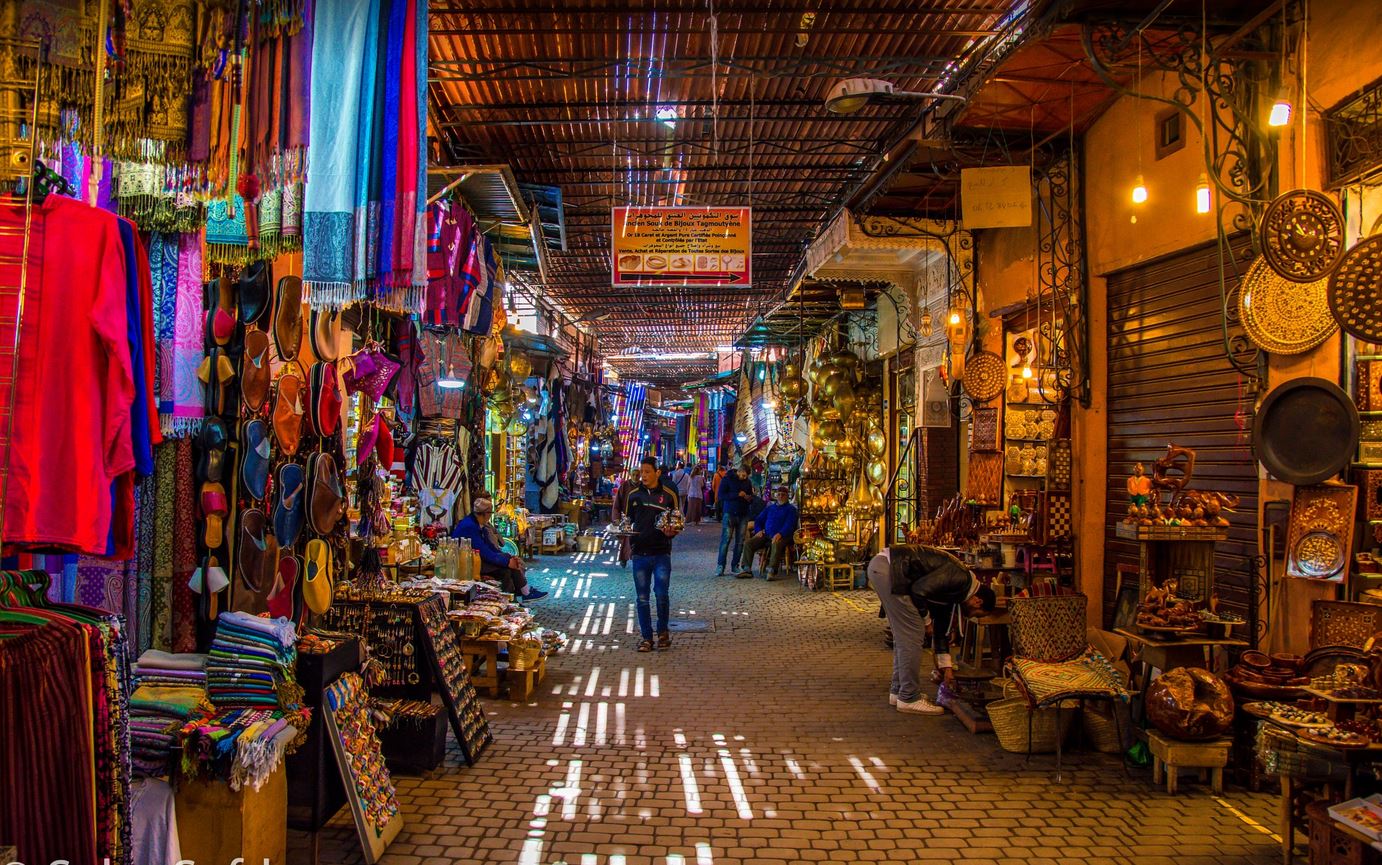
If you love unique, handmade items, Morocco will become your paradise.
The handicrafts here are exceptional. I've traveled to many countries, but I've never seen this level of quality, craftsmanship, and variety at these prices anywhere else.
Carpets are hand-knotted by skilled weavers, often women in mountain villages. Each region has its own patterns and colors. A carpet from the Middle Atlas looks completely different from one made in the south. These aren't factory-made rugs—they're art pieces you can walk on.
Leather goods from Fez are world-famous. The tanneries have operated the same way for centuries. You'll find bags, jackets, babouche slippers, and poufs in every color imaginable.
Copper and brass work fills the souks. Teapots, trays, lanterns—all hammered by hand with intricate designs. Watch a craftsman work and you'll see why these pieces cost what they do. Hours of skilled labor go into each one.
Accessories and jewelry range from delicate silver Amazigh pieces to colorful beaded necklaces. You'll find something for every style and budget.
And don't forget Moroccan black soap and argan oil. These beauty products are natural, effective, and make perfect gifts. I always buy extra to take home because friends keep requesting them.
When you visit Morocco, bring an extra bag for shopping. You'll need it.
Your Morocco Adventure Awaits
Morocco offers something rare—a country that satisfies every type of traveler. History enthusiasts find ancient medinas and Roman ruins. Food lovers discover new flavors daily. Architecture fans photograph doorways and tiles endlessly. Shoppers fill suitcases with treasures. Beach seekers find Atlantic and Mediterranean coasts. Mountain hikers explore the Atlas ranges. Desert dreamers ride camels to Sahara camps.
But beyond all these specific attractions, Morocco gives you something more valuable—genuine human connection. The people here don't just tolerate tourists; they welcome you into their world, share their stories, and hope you'll love their country as they do.
Every city reveals different aspects of Moroccan life. The food exceeds expectations with flavors that stay memorable long after your trip ends. The architecture and traditional crafts show a culture that values beauty and skill. The history connects you to civilizations that influenced the world.
Have you been dreaming about Morocco? What aspect of Moroccan culture interests you most—the food, the architecture, the shopping, or something else? Share your thoughts in the comments below! And if you've already visited Morocco, tell us about your favorite experience. Your stories might inspire someone's next adventure.
